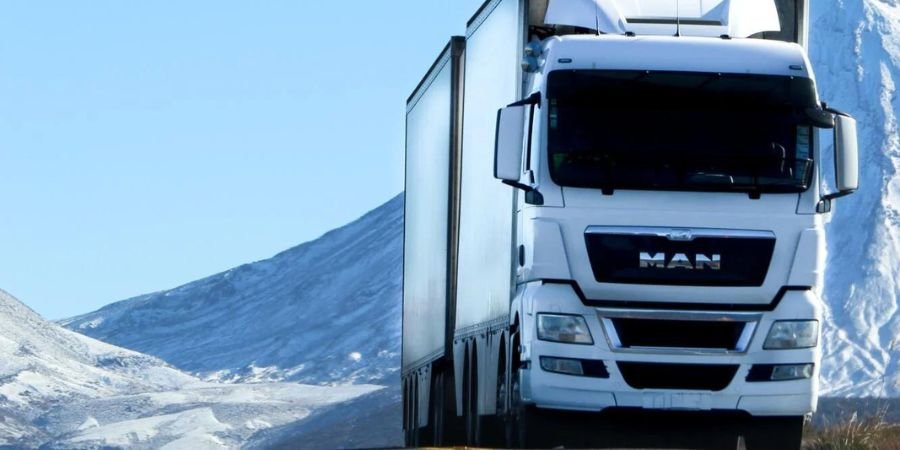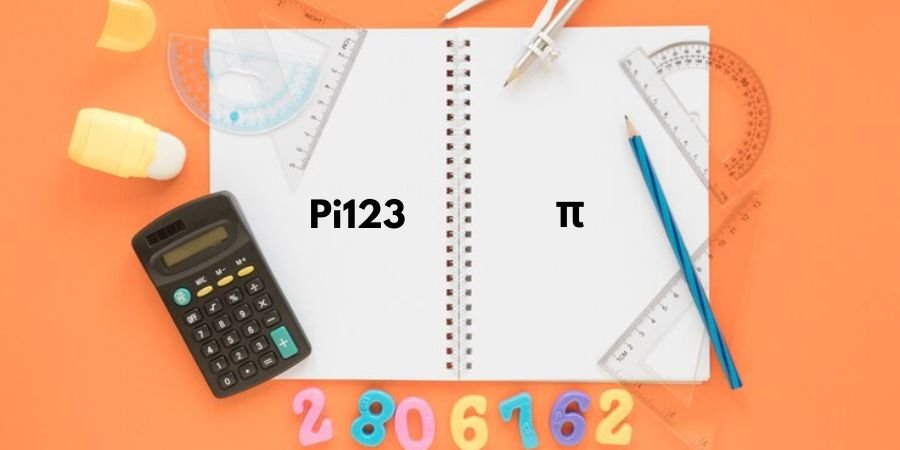Exploring the Legal Requirements for Truck Tow Hitch in Your Area
Have you ever wondered if your truck tow hitch meets local legal requirements?
Understanding the laws around truck tow hitches is essential for any driver who regularly tows trailers or other heavy loads. Not only does compliance keep you safe, but it also saves you from potential fines and legal issues. In this article, we will explore the important regulations surrounding the best truck tow hitches in your area.
By knowing what to look for, you can ensure that your towing setup is both safe and legal.
Vehicle Registration
Vehicle registration is a legal requirement for all vehicles, including trucks with heavy-duty towing hitches. This process ensures that your vehicle is properly identified and accounted for within your local transport system. To register your vehicle, you typically need to provide proof of ownership and pay a registration fee.
Maintaining up-to-date registration is important for towing. Operating a vehicle with an expired registration can lead to fines and complications during traffic stops.
Hitch Weight Ratings
Hitch weight ratings indicate the maximum weight that a tow hitch can safely handle. This includes both the weight of the trailer and its cargo. Always check your hitch manufacturer’s specifications to ensure compliance with these ratings.
Exceeding hitch weight ratings can lead to dangerous driving conditions. It is crucial to match your hitch with the weight of the loads you intend to tow. If you’re unsure about the weight capacity, consider the best towing products to ensure compatibility and safety.
Safety Chains
Safety chains are an essential component of any towing setup. They provide an extra layer of security by connecting the trailer to the towing vehicle. In the event of a hitch failure, safety chains can prevent the trailer from detaching and causing an accident.
All drivers should check that their safety chains are in good condition and correctly attached before towing. Following local regulations regarding safety chain use is also important for compliance and safety.
Brake Requirements
Brake requirements are crucial for towing safety. Most jurisdictions mandate that trailers are equipped with their own braking systems if they exceed a certain weight threshold. This regulation helps ensure that the towing vehicle and trailer can stop effectively and safely.
It is important to check local laws for specific requirements regarding trailer brakes. Some states may require electric or hydraulic brakes, depending on the gross vehicle weight rating (GVWR) of the trailer. Additionally, maintaining your trailer’s brakes is essential for safe operation and compliance with legal standards.
Lighting
Proper lighting is a fundamental requirement for towing safety. Most jurisdictions require that trailers have functioning lights that include brake lights, turn signals, and running lights. These lights ensure that other drivers can see the trailer and understand your intentions on the road.
It is essential to regularly check that all lights on your trailer are operational. Burnt-out bulbs should be replaced immediately to maintain compliance with local regulations. Additionally, using reflective markers on the trailer can enhance visibility and further improve safety during nighttime towing.
Trailer License Plate
A trailer license plate is required for legal towing in most areas. Each trailer must display a valid license plate that is registered with the local motor vehicle department. This registration links the trailer to its owner and ensures that it complies with local regulations.
To obtain a trailer license plate, you need to provide proof of ownership and pay the necessary fees. The process may vary by state, so it’s important to check the specific requirements in your jurisdiction. Additionally, make sure that the license plate is mounted securely and clearly visible on the trailer while towing.
Reflectors
Reflectors are an important safety feature that makes trucks easier to see when they are being towed. Most local rules say that trailers need to have reflectors on the back and sides. This makes sure that other cars can see the trailer at night or when there isn’t much light.
There are rules about how big mirrors can be and where they can go. To follow the law, they have to be put up in clearly marked places. For best sight, check reflectors often to make sure they are clean and working.
Inspection and Maintenance
For safety and legal reasons, you must check and maintain your tow equipment on a regular basis. Every so often, responsible owners should look for damage or signs of wear on their truck, pull hitch, and trailer. This means checking the hitch for cracks, making sure the bolts are tight, and looking for damage or rust on the safety chains.
Keeping your tow setup in good shape not only keeps crashes from happening but also keeps you out of trouble with the law. As part of the licensing process, most places may ask for proof of inspection. Sticking to a repair plan is a reliable way to make sure that all of the parts work right and meet the law.
Insurance
Insurance is a very important part of making sure that driving is safe and legal. In many places, drivers who pull a trailer must have liability insurance that covers any damage that happens because of an accident. It’s important to make sure that your insurance covers towing by calling your insurance company.
Besides liability insurance, you might want to look into other coverage choices. If you have collision coverage, it can help pay for repairs to your car or trailer after a crash. Full coverage can also protect your trailer while it’s parked against theft or damage from things that aren’t accidents.
Discover the Essentials of Truck Tow Hitch Regulations for a Safer Drive
In conclusion, understanding the legal requirements for your truck tow hitch is vital for safe towing. By adhering to local laws and regulations, you can avoid fines and ensure a smooth driving experience. Regular maintenance and inspections of your towing setup are necessary to keep everything in good condition.
Always stay informed about the specific regulations in your area. This knowledge empowers you to tow responsibly and confidently, knowing that you are following the rules and prioritizing safety on the road.
Did you find this article helpful? If so, be sure to check out our blog for more informative content like this.
Share this content:














Post Comment